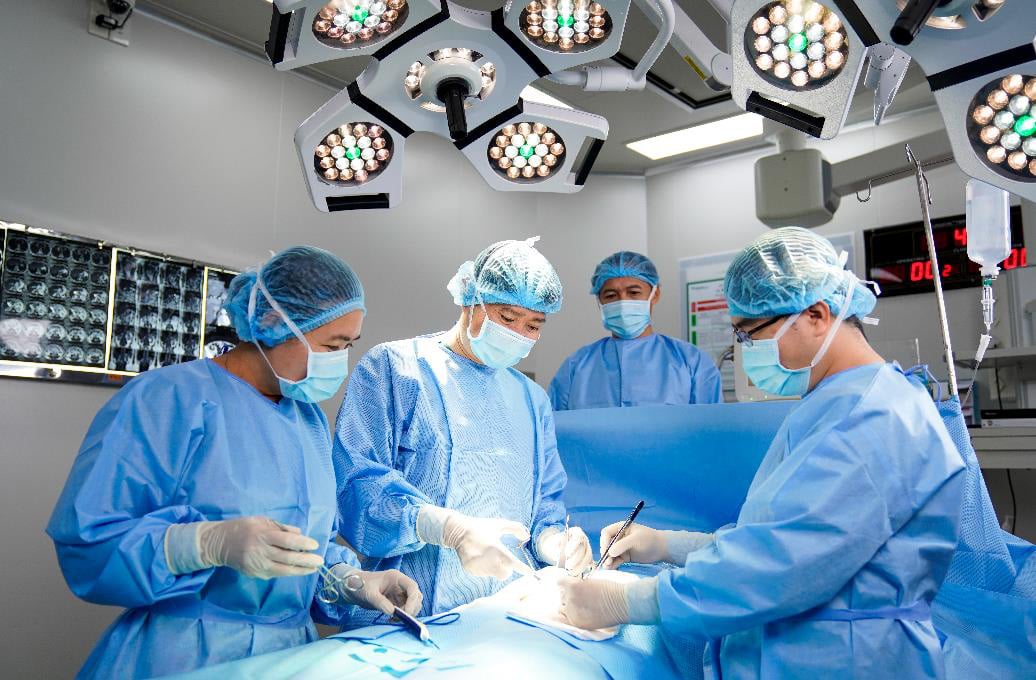
Colorectal cancer, if detected early, has a cure rate of up to 90% compared to when detected at the metastasis stage.
Statistics show that the rate of colorectal cancer patients is increasing, ranking 4th in the total number of annual cancer cases in Vietnam and tends to be younger.
Colorectal cancer is a condition in which malignant cells form in the tissues of the colon (the main part of the large intestine) or rectum (the junction between the colon and the anus).
Early stage colorectal cancer may have no symptoms or very poor, vague symptoms that are easily confused with other digestive diseases.
According to Dr. Nguyen Thanh Thoai - Department of Gastroenterology, Hoan My Saigon Hospital - if colorectal cancer is detected at an early stage, the cure rate can be up to 90% compared to when it is detected at the metastatic stage, this rate is only 14-17% and the ability to survive after treatment also depends on the stage of disease detection.
Therefore, proactive screening plays an important role in diagnosis, prompt treatment planning, and prevention of progression to cancer.
One of the methods of early detection of colorectal cancer is to recognize the risk factors and early warning signs of colorectal cancer. When the tumor is large and causes complications such as bleeding or intestinal obstruction, it is too late.
Warning signs of colorectal cancer
When colorectal cancer has obvious symptoms, the disease has already progressed to a late stage, which makes treatment difficult and the recovery rate low. People with risk factors should pay attention to the signs of colorectal cancer, including:
- Bowel disorders: constipation mixed with diarrhea, bloody mucus in stool, small flat stools, difficulty in defecation, straining during defecation, blood in stool.
- Abdominal cramps
- Portable mass
- Fatigue, pale skin, weight loss (unexplained weight loss).
Proactively screen for colorectal cancer with colonoscopy.
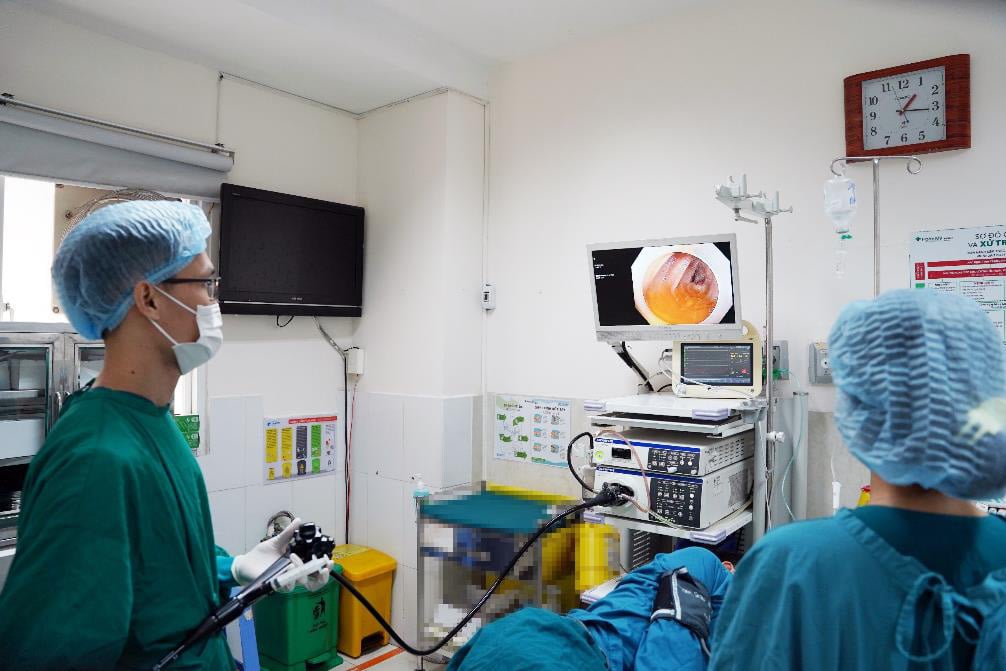
Screening endoscopy is a common and accurate diagnostic method that helps detect colorectal cancer at an early stage.
Currently, screening endoscopy is considered a popular and accurate diagnostic method, helping to detect colorectal cancer at an early stage.
Hoan My Saigon Hospital has been equipped with the latest generation of endoscopy systems with optical staining and lesion magnification functions, helping to identify and distinguish between damaged and normal tissues, allowing diagnosis at the pre-cancerous stage.
When detecting cancerous lesions at an early stage, meaning the tumor is still limited to the mucosal layer, the doctor will perform a colonoscopy to remove the lesion, thereby preventing progression to cancer.
Dr. Thoai recommends that people with a family history of hereditary non-adenomatous colon cancer, people with gastrointestinal infections (colitis, ulcerative colitis) should have a colonoscopy after the age of 40. Patients who have had a colonoscopy and discovered polyps need to have the polyps removed, have a pathological anatomy performed, and have a plan for regular monitoring and continued screening.
Along with proactive screening, Dr. Thoai also recommends changing eating habits including: a high-fiber diet, reducing red meat, eating more vegetables and colorful fruits and vegetables (carrots, squash, tomatoes...) combined with physical exercise, weight control to avoid obesity, drinking enough water to avoid constipation, not abusing alcohol, tobacco... is a way to prevent colorectal cancer.
Hoan My Saigon is a medical unit with nearly 25 years of construction and development, the 27th member of the 115 Satellite Emergency Station.
Seven consecutive years leading the Private sector in hospital quality assessment tests according to 83 Criteria of the Ministry of Health (2015, 2016, 2017, 2018, 2019, 2021, 2022)
Hoan My Saigon Hospital
60-60A Phan Xich Long, Ward 1, Phu Nhuan District, HCMC
Contact for consultation: (028) 3990 2468
Source












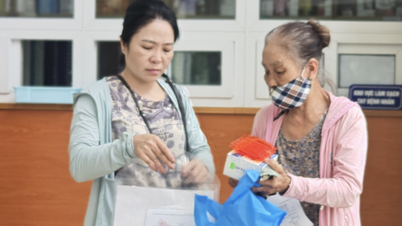





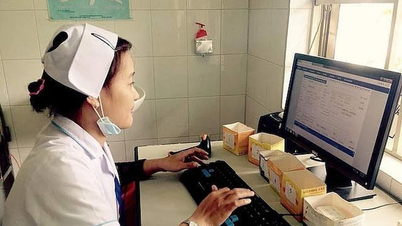

















































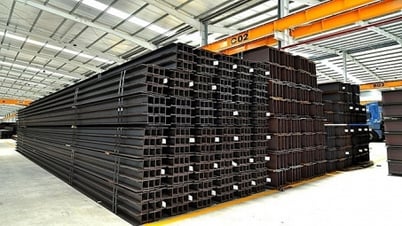































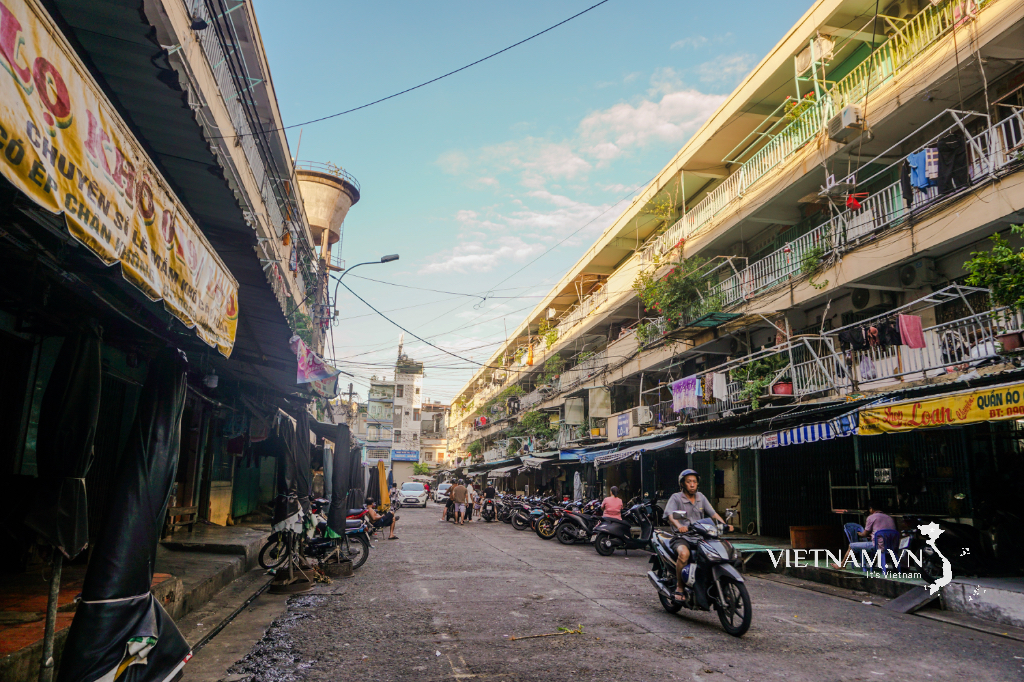
Comment (0)